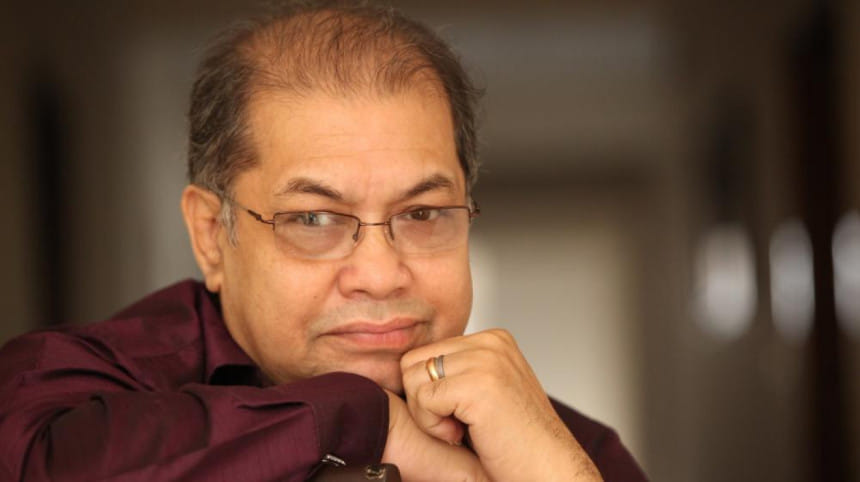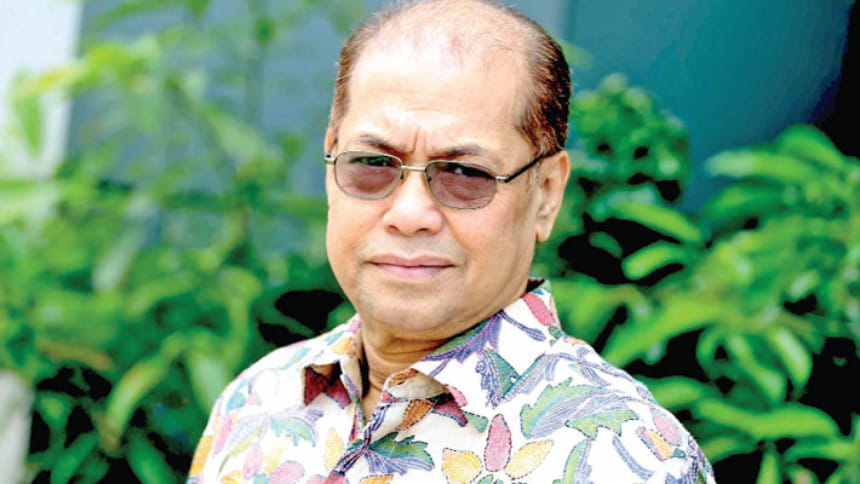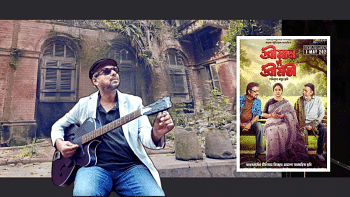Subir Nandi’s voice still reverberates through the hearts of listeners

Today marks the sixth death anniversary of legendary singer Subir Nandi, whose timeless voice continues to resonate with generations of music lovers. Though he passed away on May 7, 2019, his melodies remain ever-present—on the radio, across streaming platforms, or simply heard in passing—stirring memories and emotions among fans old and new.
A recipient of the Ekushey Padak, Subir Nandi's illustrious career spanned over four decades, during which he lent his voice to more than 2,500 songs. Renowned for blending classical nuances with modern tunes, he emerged as one of the most celebrated playback artistes in Bangladesh. His contribution to film music earned him five National Film Awards—for "Mahanayak" (1984), "Shuvoda" (1986), "Srabon Megher Din" (1999), "Megher Pore Megh" (2004), and "Mahua Sundori" (2015).

Born on November 19, 1953, in the culturally rich area of Nandipara in Baniachong, Habiganj, Subir Nandi's first musical lessons came from his mother, Putul Rani. He later received formal classical training from Ustad Babar Ali Khan. His debut public performance was broadcast on Sylhet Radio in 1967, and by 1970, he was regularly featured on Dhaka Radio.
His entry into playback singing began in 1976 with the film "Surjogrohon", directed by Abdus Samad. Just two years later, his duet with Sabina Yasmin, "Master Saab, Ami Naam Dastakhat Shikhte Chai", from the film "Ashikkhito", became an instant hit.
While he also held a banking job, Subir Nandi's devotion to music never waned. From soulful ballads to romantic numbers, his voice shaped the soundscape of Bangladeshi music. His first solo album, "Subir Nandir Gaan", was released in 1981.
Among his most memorable tracks are "Din Jay Kotha Thake", "Amar E Duti Chokh Pathor To Noy", "Poth Cholitei Dekha Hoy", "Pothik Ami, Poth Bholaiya Boshe Achi", "Ekta Chilo Shonar Konya", "O Amar Ural Ponkhi Re", and "Ami Brishtir Kach Theke Kante Shikhechi".
Though he is no longer with us, Subir Nandi's voice lives on—reminding listeners of love, longing, and the enduring beauty of Bangla music.

 For all latest news, follow The Daily Star's Google News channel.
For all latest news, follow The Daily Star's Google News channel. 









Comments